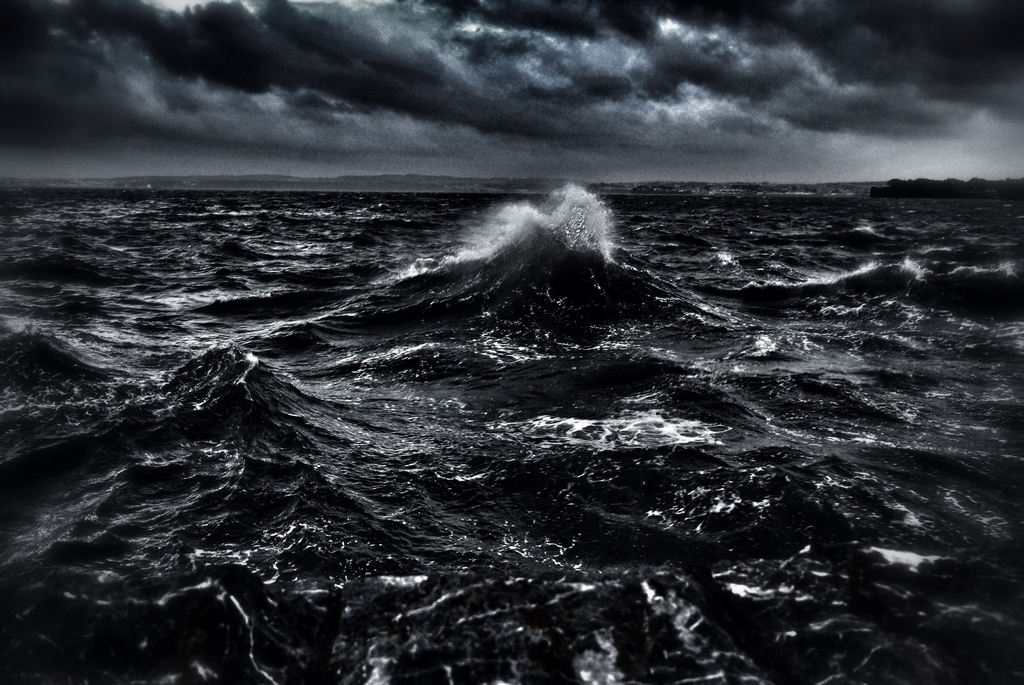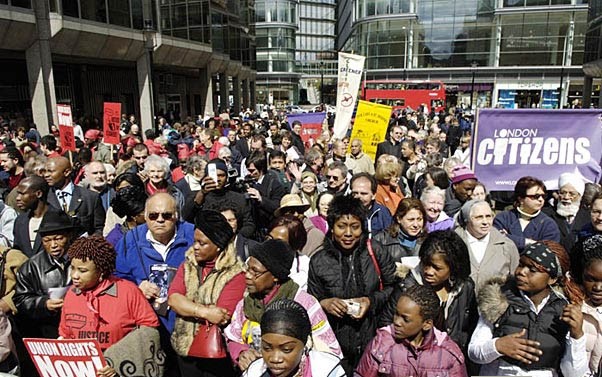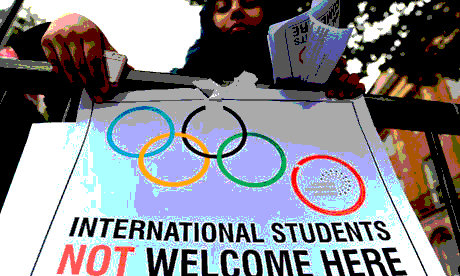The following blog piece on Libya and Italy, immigration, and the interests of an international ruling class, was written by plan c member, Richard B. You can read the first instalment here.
Did we really think it was over?
The Italy-Libya deal is even weaker than we thought. August and the first half of September saw almost no landings, and then in the middle of this month news came that a naval mission of the Irish state (the Yeats) had intercepted some rubber boats. The Vos Hestia (Save the Children) and the Aquarius (Medicins Sans Frontieres) soon rescued further boats. Quickly the numbers escalated to 1,800 people rescued over a couple of days. There were few other ships active in the zone: this week the Italian state began its prosecution of the Iuventa (Jugend Rettet) in connection to people trafficking. The request for an appeal against the seizure of the ship was outright rejected.
Meanwhile, the Libyan Coast Guard have proudly claimed that they captured and returned 1,000 people. Collaboration between the states of Italy and Libya continues through the training of Libyan Coast Guard units in Italian barracks, including Taranto and Turin, as well as meetings between generals in Rome. The Libyan Coast Guard’s illegal and violent operations are now widely recognised by international agencies, but there is no force to oppose them. And indeed, there are estimates that this week the number of “push backs” has really been more like 3,000 – and, indeed, a total of 5,000 people being set out to sea in one go is closer to the “maxi” departures which we’ve seen over the past two Summers. The traffickers began to push people off in these large numbers in an attempt to avoid the Libyan Coast Guard, judging that if they pushed off 10 or 20 boats at a time, 5 or 10 would get through. The number of arrivals in Italy this year now stands at 100,000, only 20% down from the same point last year, and higher than the same point in 2015.
Is it simply that diplomacy is weak and that profit ruled out?
Almost all the boats came from Sabratha, historically a point of departure for migrant vessels, but now under a new situation of political conflict and armed violence. Previously under the control of the UN backed Serraj government, fighting broke out a week ago between the government’s anti-ISIS units and the local militia/clan (the Dabbashi), who controlled the people trafficking and oil smuggling over the Tunisian border. According to a local source, quoted in the Italian newspaper Espresso, it was an entirely foreseeable conflict between the Italian backed forces in the city and the militia, which they had just bought off through a “diplomatic” deal. One theory claims that the departures were organised by a rival group of traffickers who had not been part of the negotiations and thus have had their trade cut-off without any financial compensation. Despite official denials, there can be little doubt that the Italian state is entirely disposed to negotiating with any faction of the Libyan ruling class – criminal, terrorist or otherwise – in order to further collective class interests.
The Dabbashi clan have guarded the Mellitah oil and gas facility near Sabratha since 2015, co-owned by Libyan and Italian state majority owned oil companies (the NOC and ENI). But while the Bouri field near Sabratha has been secured, the other fields are far from stable. Two other big oil fields, the El Feel and Sharara fields, were blockaded for three weeks recently, leading to a significant dent in Libyan crude production, which recently reached pre-civil war levels. In the end, the move was very likely part of the Haftar opposition’s overall plan to destablise the Serraj government. But the blockades had also been established for local political reasons: different regional militia demanding investment in their areas, including salaries for airport and petroleum workers. That is, in the reconstruction of Libya, the workers central to the petroleum industry (an industry with a high organic ratio) remain the only ones with any significant power. The oil sector continues to be the only part of the Libyan economy with any potential for growth or stability: agriculture, construction and industry remain devastated by the war.
In brief, it is not simply that the search for profit has pushed the Libyan traffickers to disrespect agreements, but that the conflicts over the only profitable sector in Libya means that capitalist competition continues to take its most extreme forms, without any significant state power to mediate and protect the overall interests of the Libyan ruling class.
What does this mean for those arriving in Europe?
Those who arrived this week from Sabratha have spoken of a week of shootings and violence, of being trapped in their mass holding cells. A call came in to me from three men trapped in their house in Sabratha, scared for their lives, and videos showing empty streets and the sound of gunfire. Another contact, a Gambian man, told me that his brother had died in the city this week. The new arrivals exhibited broken limbs and gunshot wounds. The dangers also continue at sea. One of the boats pushed off in the days of violence in Sabratha went off course. After a week at sea, according to the survivors, almost everyone drowned. This is the direct consequence of the NGO missions being pulled out of the search and rescue zone: a week of starvation, desperation and death at sea, Gericault’s horrors resurrected in the age of the quantum particle.

But reports of violence and the necessity to flee are not important criteria to becoming an asylum seeker: nationality comes first. It is nationality which ties people into the plots and diplomacies of states. Yet again in Western Sicily we saw around a hundred North Africans dumped on the street with an expulsion notice in their hands due to inter-state agreements (the majority Moroccans from the provincial suburbs of Beni Mellal). Indeed, between the Moroccans who receive rejection notices and the Africans of various states who immediately leave the migrant centres were they have been placed, it is not unlikely that as many as 20% of people who arrive in Italy by boat are left out of the reception system (5% of arrivals come from Morocco; and another 15% who immediately leave the migrant hostels, manly East Africans, who make their way to Northern Europe).
The feeling is, however, that these are now the lucky ones, the ones that got away between the Scylla of the Libyan militia and the Charybdis of shipwreck. On the Libyan-Sudanese border, the newly regularised militia boast of arresting 40-odd migrants and assassinating a group of people traffickers. The arrested include Bangladeshis, Nigerians and Ethiopians, countries with booming populations and a vast, mobile working class. The European dream continues, playing out in the minds of those trapped in war-torn cities, crumbling farmlands and rusting factory cities alike. The challenge for these dreamers and voyagers has ratcheted up, and the ability to realise their dreams in Europe itself is becoming ever more remote. But the fences Europe has set up are far from complete. The proletariat works in mysterious ways, ways at least as complex and subterranean as capital.
A final question. This week, Arab, European and African comrades went out flyering on the streets of Palermo, to inform passers-by (many of them working-class teenagers) of the current situation for migrants arriving in Italy. Among the many realities of which our interlocutors were not aware, we found a near-total ignorance regarding the Italy-Libya deal and the consequent drop in the number of arrivals. For me this raises an important query. Our analysis is that the blocking of the migrant flow has been primarily an electoral tactic by an essentially conservative government attempting to woo a racist electorate. Yet how can this be the case if the fact has not been made known widely, as a success for the ruling party? Perhaps we will have to await the national elections next Spring to hear Minniti’s victory piped down the televisions and radios on a mass scale. But is it perhaps the case that we have been wrong, and the deal is part of another state strategy altogether?



